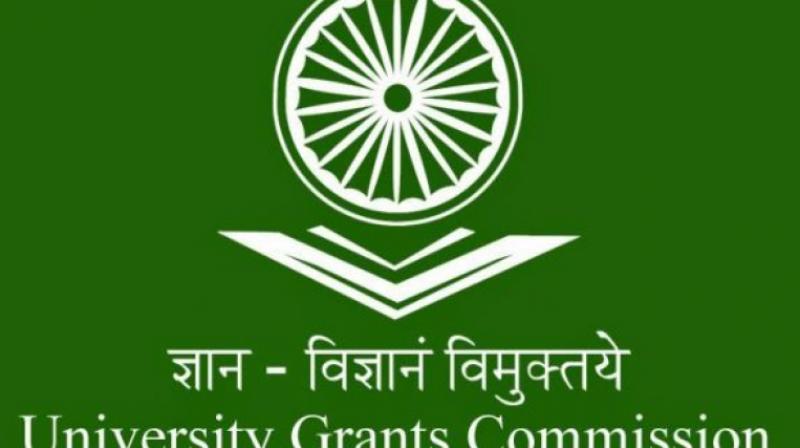MHRD seeks feedback for Higher Education Commission
The MHRD has sought the feedback to the proposed act by July 7.

Chennai: Rechristening the University Grants Commission as Higher Education Commission of India, the union HRD ministry on Wednesday released the draft act which seeks to repeal the UGC act 1956 and replace it with a new act that downsizes the higher education regulator's scope, including taking away its funding powers.
According to the draft act, the new Higher Education Commission of India will only focus on academic matters and not to interfere with the management issues of educational institutions. The HRD ministry will take over the role giving grants to the universities. The MHRD has sought the feedback to the proposed act by July 7.
Terming it as the end of inspection raj, the ministry said the regulation will be done through transparent public disclosures, merit-based decision making on matters regarding standards and quality in higher education.
HECI will be tasked with improving academic standards with a specific focus on learning outcomes, evaluation of academic performance by institutions, mentoring of institutions, training of teachers, promote the use of educational technology.
The Commission will lay down standards for opening and closure of institutions, and also for appointments to critical leadership positions at all universities, even if they are established under state law. It will also have powers to enforce compliance with the academic standards set by it and non-compliance could result in fines or jail sentence.
The proposed commission will have 12 members appointed by the central government, apart from the chairperson and vice-chairperson. Anna University former Vice-Chancellor E.Balagurusamy said, "The UGC acted as only a funding agency and did not do anything meaningful to improve the education. The proposed higher education commission is a good move provided the new body is given full autonomy and there is no interference from the government."
Educationist Prince Gajendrababu said, "It's a clear roadmap to provide market access to higher education. There is no need to repeal the UGC act. If they found any discrepancies, they should only try to address them instead of repealing the entire act."
He pointed out that the UGC was formed based on Dr Radhakrishnan's committee's recommendation.
"The new higher education commission has stripped of any funding role. The proposed act is also providing scope for the commission to interfere in the appointment of Vice-Chancellors of state universities," he said.

